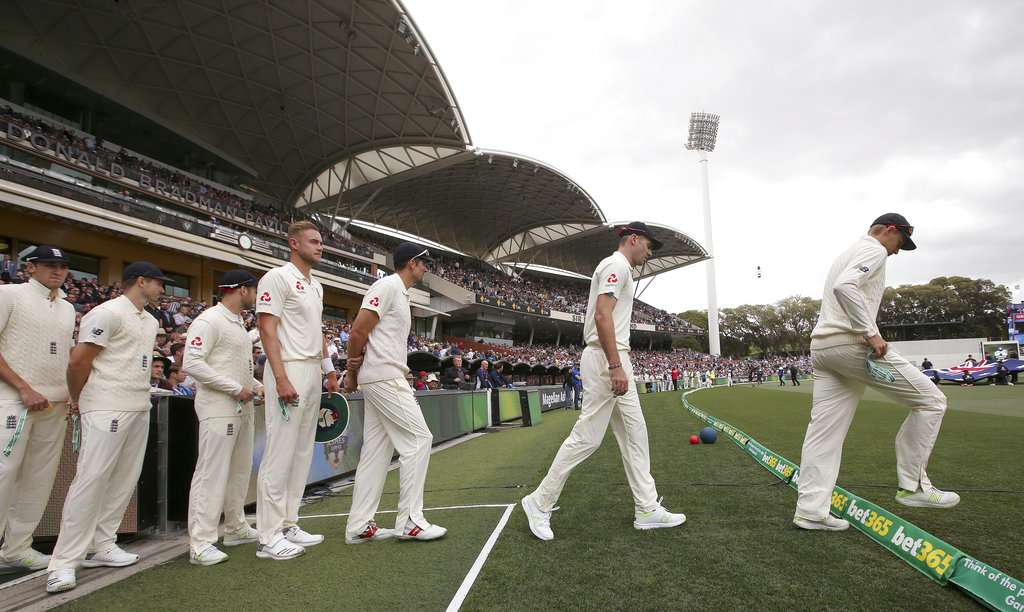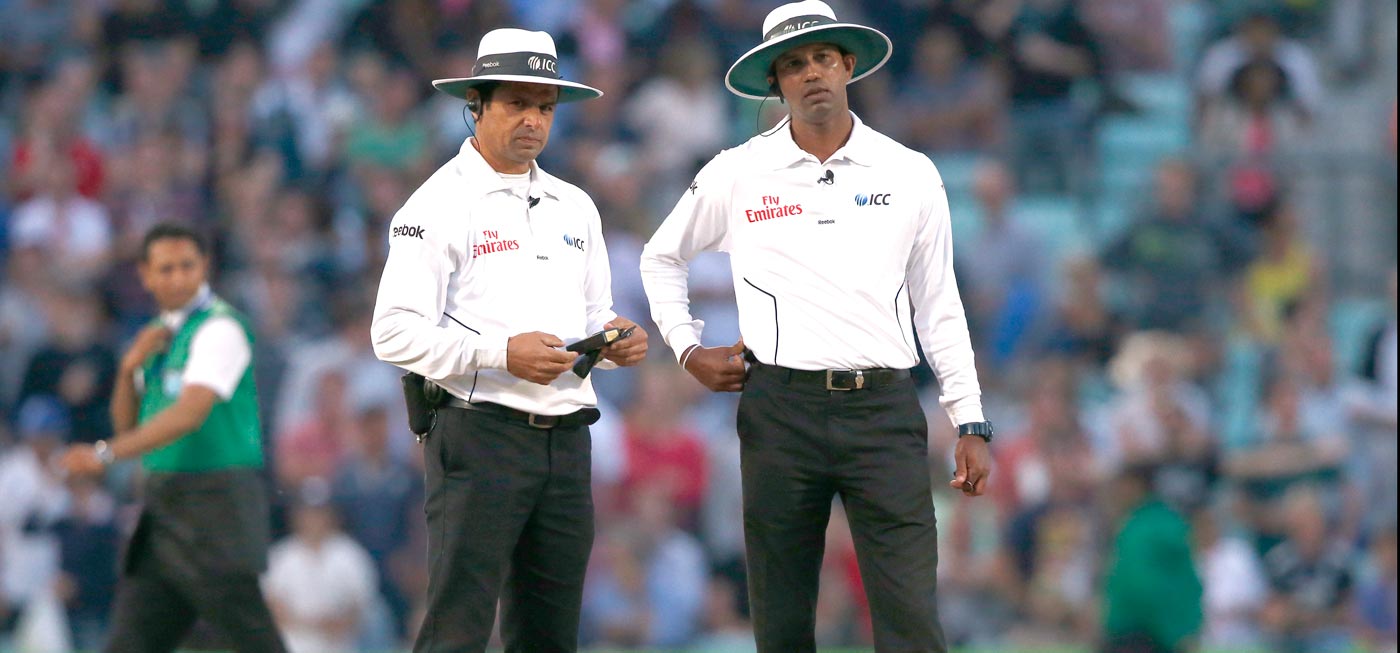12.1 Start of Play
The umpire at the bowler’s end will initiate the commencement of play before the start of the play and after any break or interruption.
12.2 Call for Time
The umpire at the bowler’s end will announce “Time” when the ball is not in play, at the end of a session, or as required by the Laws.
12.3 Removal of Bails
After the “Time” call, the players will remove the bails from both wickets.
12.4 Commencing a New Over
During the match, teams must always begin a new over unless they meet specific conditions outlined in 12.5.2. These conditions include if the umpire, walking at a normal pace, reaches the position behind the stumps at the bowler’s end before the agreed-upon time for the next interval or the close of play.
12.5 Completing an Over
Except at the end of the match,
12.5.1 If the players reach the agreed-upon time for an interval during an over, they must finish that over before the interval, unless 12.5.2 specifies otherwise.
12.5.2 If there are less than 3 minutes remaining before the agreed-upon time for the next interval, the players will take the interval immediately if.
- a batter is dismissed or retires
- the players have to leave the field
This applies whether it occurs during an over or at the end of an over. If there is an interrupted over, the players will complete it when play resumes.
12.6 Last Hour of the Match – Number of Overs
When there is one hour of playing time remaining according to the agreed hours of play, teams must complete the ongoing over. They must then start the subsequent over, which must be the first of a minimum of 20 overs unless they achieve a result earlier or there is an interval or interruption in play.
The umpire at the bowler’s end will signal the commencement of these 20 overs to the players and scorers. Following this, we will refer to the period of play as the “last hour,” regardless of its actual duration.
Teams can only start additional overs in the last hour if they have not reached the originally scheduled time for the close of play. See 12.7 and 12.8 for further details.
12.7 Last Hour of the Match – Interruptions in Play
If there is an interruption in play during the last hour of the match, the minimum number of overs to be bowled will be reduced from 20 as follows:
12.7.1 Count the time lost due to an interruption from the “Time” call until the resumption time determined by the umpires.
12.7.2 They will deduct one over for every complete 3 minutes of time lost.
12.7.3 When there are multiple interruptions, we do not aggregate the lost minutes, and we calculate them separately for each interruption.
12.7.4 If, when one hour of playing time remains, an interruption is already in progress:
12.7.4.1 We only count the time lost after this moment in the calculation.
12.7.4.2 The ongoing over at the start of the interruption is completed upon resumption and does not count as one of the minimum overs to be bowled.
12.7.5 If an interruption occurs during an over after the start of the last hour, the players will complete the over when play resumes, and they will count the two part-overs together as one over of the minimum required.
12.8 Last Hour of the Match – Intervals Between Innings
If an innings concludes such that a new innings is to begin during the last hour of the match, the interval begins at the innings’ end and lasts for 10 minutes.
12.8.1 If this interval is already underway when the last hour begins, we will determine the number of overs to be bowled in the new innings as outlined in 12.7.
12.8.2 If the innings conclude after the last hour has started, the umpires will make two calculations as specified in 12.8.3 and 12.8.4. The new innings will have the minimum number of overs bowled based on the greater result from these calculations.
12.8.3 Calculation Based on Remaining Overs:
- At the conclusion of the innings, note the number of overs that must be bowled from the minimum required in the last hour.
- Round up to the next whole number if it’s not a whole number.
- Deduct three overs for the interval to determine the remaining overs.
12.8.4 Calculation Based on Remaining Time:
- At the innings’ conclusion, note the time remaining until the agreed-upon time for the close of play.
- Deduct 10 minutes for the interval to determine the remaining playing time.
- Calculate one over for every complete 3 minutes of playing time remaining, plus an additional over if there is a remaining part of 3 minutes.
12.9 Conclusion of the Match
12.9.1 The match concludes
12.9.1.1 When the players achieve a result, as defined in Laws 16.1 to 16.4 and 16.5.1 (The Result).
12.9.1.2 when both
- The players have completed the minimum number of overs for the last hour.
- and the agreed-upon time for the close of play is reached unless a result is achieved earlier.
12.9.1.3 If both parties agree under Law 13.1.2, they will complete the final innings as defined in Law 13.3.5.
12.9.2 The match concludes if, without a conclusion under 12.9.1, the players leave the field due to adverse ground conditions, weather, or insufficient light, or in exceptional circumstances, and further play is not possible.
12.10 Completion of the Last Over of the Match
Unless the team completes the ongoing over at the close of play on the final day.
- Someone or a team has achieved a result.
- or the players have to leave the field. In this case, there will be no resumption of play except in the circumstances of Law 16.9 (Mistakes in Scoring), and the match will come to an end.
12.11 Bowler Unable to Complete an Over During the Last Hour of the Match
If a bowler is unable to complete an over during the last hour for any reason, Law 17.8 (Bowler Incapacitated or Suspended During an Over) will apply. The separate parts of such an over will count as one over of the minimum required.



